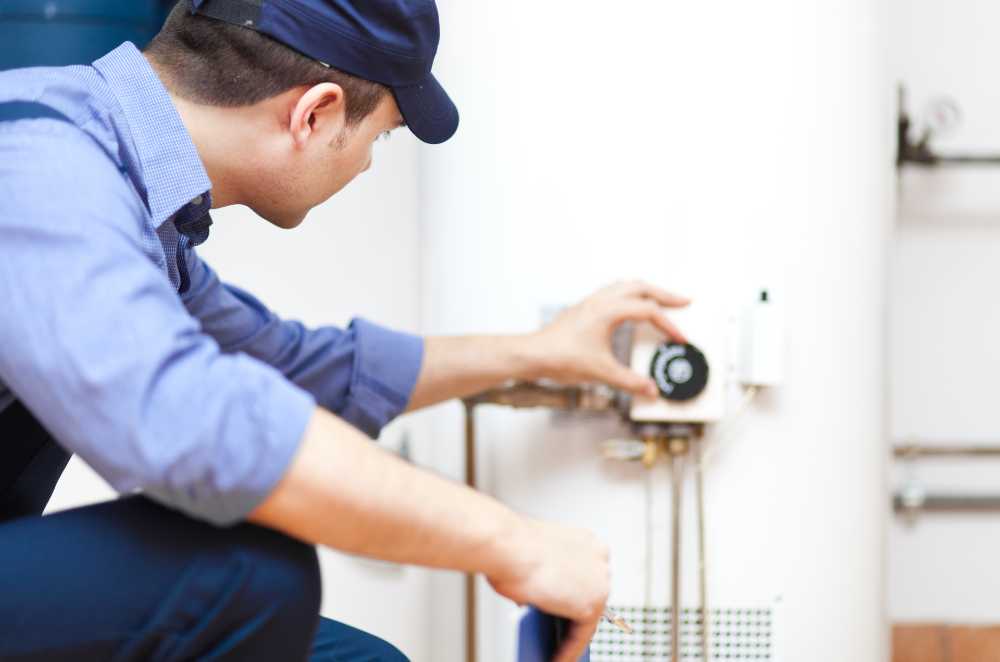Your water heater is one of the most used appliances in your home. For an average family of four, it will run anywhere from three to six times a day under normal conditions. Despite how often we use it, we usually take our hot water for granted. As a result, it’s easy to overlook water heater leaks. If you haven’t checked your water tank recently, inspect it at least once each season for issues. We cover how to prevent water damage from a leaking water heater.
What Causes a Water Heater Leak?
Most water heater leaks are the result of old age or accidental damage. While most water tanks will last three to twelve years, they wear out faster the more they are used. Additionally, damage can weaken parts and make them more likely to fail. Finally, wet conditions, extreme heat or cold, and frequent temperature swings will also stress your water heater.
What Water Heater Parts Are Most Likely to Leak?
- Cold Water Intake Pipe – The connection between the cold water intake pipe and tank is a common place for leaks. Since this is where water enters the tank, it can leak even if the unit isn’t running.
- Hot Water Outlet Pipe – The connection between the tank and the hot water outlet pipe is another place your water heater will leak. This usually only occurs when you are using hot water, although it may leak all the time in some cases.
- Drain Valves – The drain valve is near the bottom of the tank. You use it to flush the tank or to drain it before maintenance. The valve itself or the gasket that connects it to the tank can wear out over time.
- Pressure Relief Valve and Overflow Pipe – The pressure relief valve prevents the tank from overfilling, with the overflow pipe allowing excess water to escape. If the pressure relief valve is damaged or worn, it may allow water to leak.
- Tank – Although unlikely, the tank itself can leak. This is usually the result of rust or age. Depending on the size of the rust holes, it may cause a slow leak or a major flood.
You should make repairs as soon as possible if your water heater is leaking. If you don’t make repairs, you run the risk of a hot water tank flood or other significant damage. Plus, it’s usually cheaper to repair a small problem than replace the entire unit.
When Does a Water Heater Leak Require Water Damage Restoration?
If you have a small water heater leak, you can clean it up yourself. Use a towel or mop to clean up the water and have the unit serviced immediately to prevent further damage.
If the tank has been leaking for some item, you may need to use fans to dry out the area. Leaky water heaters in utility rooms or finished basements are more likely to cause water damage than those in unfinished basements.
You should contact a water damage restoration company for clean-up if the leak leaves a significant amount of standing water or has saturated carpeting, walls, or other items. They will remove the water, dry out the area, and restore your home.
Do you have a water heater leak or flood? Let our certified experts clean up the water fast! Call 1-888-443-3110 now for a free quote on water damage clean-up near you.





